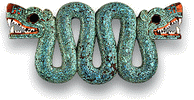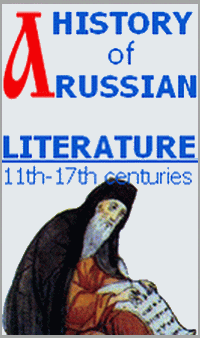Ancient Nahuatl Poetry ||| SONG XXV
Category: Ancient Nahuatl PoetryNOTES FOR SONG XXV.
The destruction of the Mexican state was heralded by a series of
omens and prodigies which took place at various times during the ten
years preceding the arrival of Cortes. They are carefully recorded by
Sahagun, in the first chapter of the 12th book of his history. They
included a comet, or “smoking star,” as these were called in Nahuatl,
and a bright flame in the East and Southeast, over the mountains,
visible from midnight to daylight, for a year. This latter occurred
in 1509. The song before us is a boding chant, referring to such
prognostics, and drawing from them the inference that the existence
of Mexico was doomed. It was probably from just such songs that
Sahagun derived his information.
1. toztliyan, I suppose from tozquitl, the singing voice, in the
locative; literally, “the quechol in the place of sweet-singing.”
2. iquiapan, from i, possessive prefix, quiauatl, door,
entrance, house, pan, in.
5. An obscure verse; tequantepec, appears to be a textual error;
tequani, a ravenous beast, from qua to eat; tepec, a mountain;
but tequantepehua occurring twice later in the poem induces the
belief tequani should be taken in its figurative sense of
affliction, destruction, and that tepec is an old verbal form.
7. Xochitecatl, “one who cares for flowers,” is said by Sahagun to
have been the name applied to a woman doomed to sacrifice to the
divinities of the mountains (Hist. Nueva Espaсa, Lib. II, cap. 13).
8. amaxtecatl, or amoxtecatl, as the MS. may read, from
amoxtli, a book.


